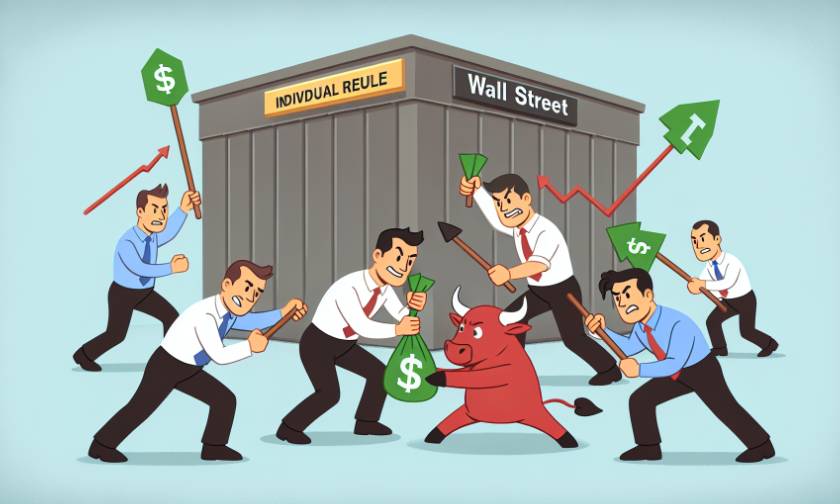Data released by the U.S. Department of Commerce on Wednesday showed thatRetail sales (uninflation-adjusted) rose 1.4% month-on-month in March, the biggest increase in more than two years. Among them, car sales soared by 2.1%.Reflecting consumers are rushing to collect finished vehicles by the Trump administration25% sudden consumption before tariff. The tariffs and auto parts tariffs will be at the latestEffective on May 3, it is expected to increase vehicle prices by thousands of dollars, but the Trump administration is considering a temporary exemption policy.
In addition to cars, sales of other goods have also generally increased.11 out of 13 categories achieved an increase. Sales of building materials, sporting goods and electronic products rose simultaneously. Sales of the "control group" as the benchmark for calculating GDP commodity spending increased by 0.4% in March, indicating strong consumption momentum at the end of the first quarter.
However, hidden worries are hidden behind the data: multiple consumer confidence surveys show that as tariff policies advance, inflation expectations indicators soar, and Americans' evaluation of their own financial situation has fallen to a low point.Low-income groups are already under pressure on life, while wealthy people are hit by recent stock market sell-offs,This casts a shadow on the consumption outlook and increases recession concerns。
Although importers are the direct payers of tariffs, they will eventually pass on at least part of the cost to consumers.——Even if this kind of transfer can take months. As retail data has not been adjusted for inflation,Future tariffs may cause data distortion, sales growth may only reflect price increases rather than actual consumption activity.
Companies such as Ford Motor and Walmart are trying to relieve consumer pressure by taking some of the additional costs, but this will erode corporate profits. From the luxury goods groupLVMH to beer zodiac brands, corporate executives are generally pessimistic about the prospects.Worry about possible consumer resistance。
Federal Reserve officials are currently on the stand-by and see, waiting for a clearer assessment of the impact of tariffs on prices and the overall economy. Some policy makers believe tariffs will only cause a one-time price shock, while others warn that the impact may be more profound. It is worth noting that the only service industry category in the report——Cafeteria bar consumption increased by 1.8%, also setting the largest increase since January 2023.
















No comments yet